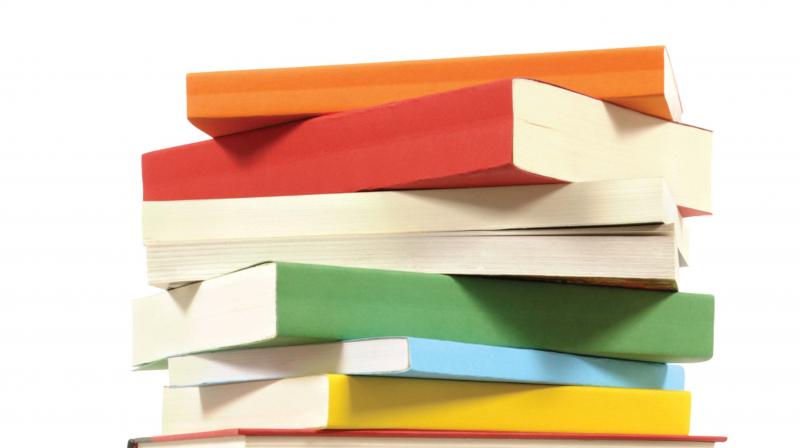Higher secondary textbooks to offer career options now
There is also plan to issue student's workbook and teachers guidebook to prepare teachers and students for a new evaluation method.

Chennai: The new higher secondary textbooks for key subjects like physics, chemistry, maths and biology will have information about top institutions in the country to pursue higher education and details of career options in the relevant subjects, according to sources.
“The information will be given at the introduction chapter of each book so the students who are interested in the subjects will get to know about these institutions and the courses offered by them,” a source said.
For example, the physics books will have information about top institutes like Indian Institute of Science, Banglore, Indian Institutes of Science Education and Research (IISERs), Tata Institute of Fundamental Research (TIFR), Mumbai Indian Institute of Astrophysics and Inter-University Centre for Astronomy and Astrophysics (IUCAA). Currently, it is being planned for classes 11 and 12 books.
For classes 9 and 10, the information is likely to be presented differently.
Apart from career information, the experts are preparing practical instructional guide to issue along with textbooks.
“These guides will reduce the confusion among students and teachers with regards to the practical examinations,” an expert said.
There is also plan to issue student’s workbook and teachers guidebook to prepare teachers and students for a new evaluation method.
“One of biggest challenges is to prepare the new evaluation method. We also need to give the proper introduction to the subjects and tell the students where the concepts link with the life,” a subject expert said.
The evaluation method is completely revamped to prepare the students to face the national level exams. For the next academic year (2018-19), classes 1, 6, 9 and 11 will have revised syllabus and textbooks. The textbook writing works are being carried out in full swing by subject experts.
Totally, 66 teams are writing textbooks for all the subjects in the four classes. Each team consists of 15 to 20 subject experts. SCERT has sought feedback on the new draft syllabus from November 20 to December 5. The council has received over 7,000 responses. After finalizing the new syllabus, the textbook writing works have commenced.
Anti-plagiarism software to be used
The State Council for Educational Research and Training is planning to use the anti-plagiarism software to prevent the ‘cut and paste’ in textbook writing, sources said.
“The Urukund software which is being used to check plagiarism in PhD thesis will be used to prevent the verbatim reproduction of other textbooks. The textbook content should not have the similarity of more than 20 per cent. If the content exceeds that limit then we will reject the content,” sources added.

